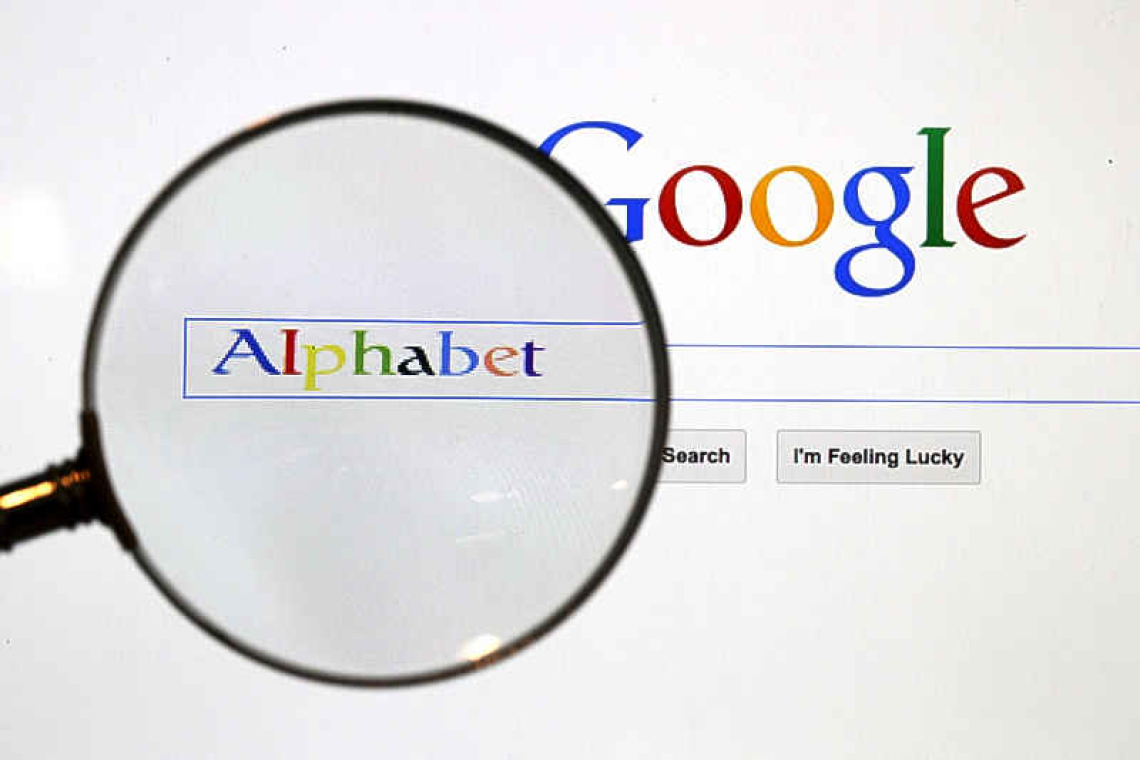WASHINGTON--Alphabet's Google needs strong measures imposed on it to prevent it from using its artificial intelligence products to extend its dominance in online search, a U.S. Department of Justice attorney said as a trial in the historic antitrust case began on Monday.
The outcome of the case could fundamentally reshape the internet by unseating Google as the go-to portal for information online. The Justice Department is seeking an order that would require Google to sell its Chrome browser and take other measures to end what a judge found was its monopoly in online search. Prosecutors have compared the lawsuit to past cases that resulted in the break up of AT&T and Standard Oil.
Now is the "time to tell Google and all other monopolists who are out there listening, and they are listening, that there are consequences when you break the antitrust laws," DOJ attorney David Dahlquist said during his opening statement.
The DOJ and a broad coalition of state attorneys general are pressing for remedies they believe will restore competition even as search evolves to overlap with generative AI products such as ChatGPT. "This court's remedy should be forward-looking and not ignore what is on the horizon," Dahlquist said.
Google's search monopoly helps improve its AI products, which are also a way to lead users to its search engine, he said.
Google has agreed to pay Samsung monthly to install Google's Gemini AI app on devices such as smartphones, a deal that can be extended into 2028, according to documents shown at trial. The financial terms were not disclosed, but Dahlquist characterized the monthly amount as an "enormous sum."
U.S. District Judge Amit Mehta previously ruled that Google's exclusive agreements with device makers to be the default search engine helped maintain its monopoly. Nick Turley, OpenAI's product head for rival AI app ChatGPT, was expected to take the stand on Tuesday.
Google's lawyer, John Schmidtlein, said in his opening statement that the DOJ's proposals amount to "a wishlist for competitors looking to get the benefits of Google's extraordinary innovations."
AI competitors "would like handouts as well even though they are competing just fine," he said.
Google argues that its AI products are outside the scope of the case, which focused on search engines. Adopting the proposed remedies "would hold back American innovation at a critical juncture," Google executive Lee-Anne Mulholland said in a blog post on Sunday.
The company has said it will appeal once a final judgment is entered.
Antitrust enforcers have proposed far-reaching measures designed to quickly open the search market and give new competitors a leg up. Their proposals include ending Google's exclusive agreements with tablet and smartphone makers like Apple to make Google the default search engine on their devices.
Google would also have to license search results to competitors, among other requirements. The DOJ has proposed that, if other remedies fail to restore competition, Google would be forced to sell its Android mobile operating system.
Google said the court should stick to making its default agreements non-exclusive. Ending Google's payments to device makers and browser developers would raise the cost of smartphones and jeopardize the existence of companies like Mozilla, which rely on the revenue to operate, Google claims.







